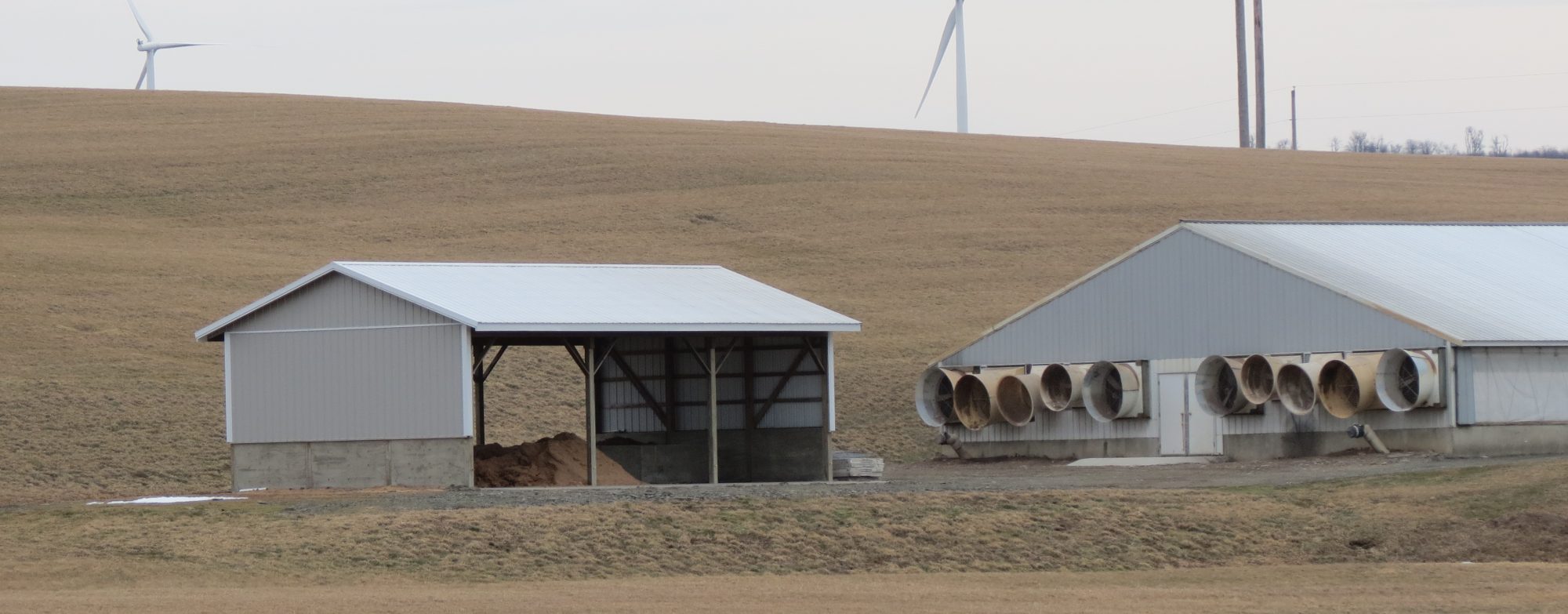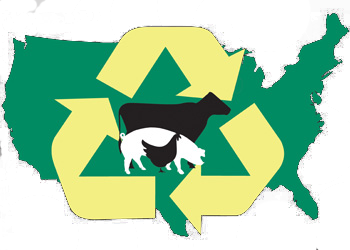Dr. Karl VanDevender – University of Arkansas:Cooperative Extension Service and Dr. Brian Richert – Purdue University
Sub-Project Overview
 The research and modeling work encompassed by this project offers great potential for assisting researchers, policy makers, and especially farm managers to make informed management and facilities decisions regarding GHG emissions while maintaining production and profitability. However for this potential to be realized the swine production community needs to be aware of both its abilities and availability. To this end existing relationships with the National Pork Board , U.S. Pork Center of Excellence, and eXtension are being enhanced.
The research and modeling work encompassed by this project offers great potential for assisting researchers, policy makers, and especially farm managers to make informed management and facilities decisions regarding GHG emissions while maintaining production and profitability. However for this potential to be realized the swine production community needs to be aware of both its abilities and availability. To this end existing relationships with the National Pork Board , U.S. Pork Center of Excellence, and eXtension are being enhanced.
The focus audience of this training is technical service providers (professionals, consultants, engineers, nutritionists, extension swine specialist and educators) who are involved in assisting swine producer’s making both strategic and tactical management decisions. The goal is to develop and implement education and outreach programs focused on the interaction between climate and swine science.
Dr. Richert serves as the nutrition domain editor for the US Pork Center of Excellence and US Pork Information Gateway which also serves as the swine domain for National eXtension. Through this relationship with domain editor for the Environmental section, Erin Cortus, we have initiated the rewriting of the factsheet “Pork production and greenhouse gas emissions” and have started authoring a factsheet on “Pork production, what might your carbon footprint be?”
Karl VanDevender, the project liaison with eXtension has a long history with the Livestock and Poultry Environmental Learning Center (LPELC) which has become the eXtension community of practice working in the area of livestock and poultry manure management. In response to the project needs he has transitioned from a topic area leadership role to a member of the LPELC leadership team, alongside other eXtension professionals. This provides the capacity to ensure that the project and LPELC take full advantage of the synergy of multiple funded projects without undesirable duplication of effort and resources.
The benefits of integration of extension efforts with research and education is that more rapid translation of research results into actionable knowledge will be achieved. Frequent team meetings are established to ensure that there is continual interaction and information exchange.
The working relationship between our project’s Extension component and the LPELC has helped facilitate the recent production of the webcast “Life Cycle Assesment Modeling for the Pork Industry“, which overviews the LCA goals and provides details in the sub-project areas dealing with concepts and research of feed management. Our project will also be hosting a special session featuring project leads during the LPELC hosted Waste to Worth: Spreading Science and Solutions conference in Denver Colorado, April 2013. The special session will feature a showcasing of the project’s individual and collective works; topics discussed will include: LCA concepts, research and modeling challenges, model results, and economics.
Dr. VanDevender recently published an article in PIG Progress Magazine entitled “A Swine Carbon Footprint Model as a decision aid tool”, in which the efforts of this project were presented. The article stressed the imoportance of continued management of greenhouse gasses in the livestock industry through improvements in efficiencies.
.
Sub-Project Objectives
- Developing the necessary system and protocols for sharing and vetting information and educational materials
- Strengthening the relationship between this project and eXtension
- Development and delivery of information both internally and externally.
Contact Information
Dr. Karl VanDevender
kvan@uaex.edu
Phone: (501) 671-2244
Dr. Brian Richert
brichert@purdue.edu
Phone: (765)494-4837

